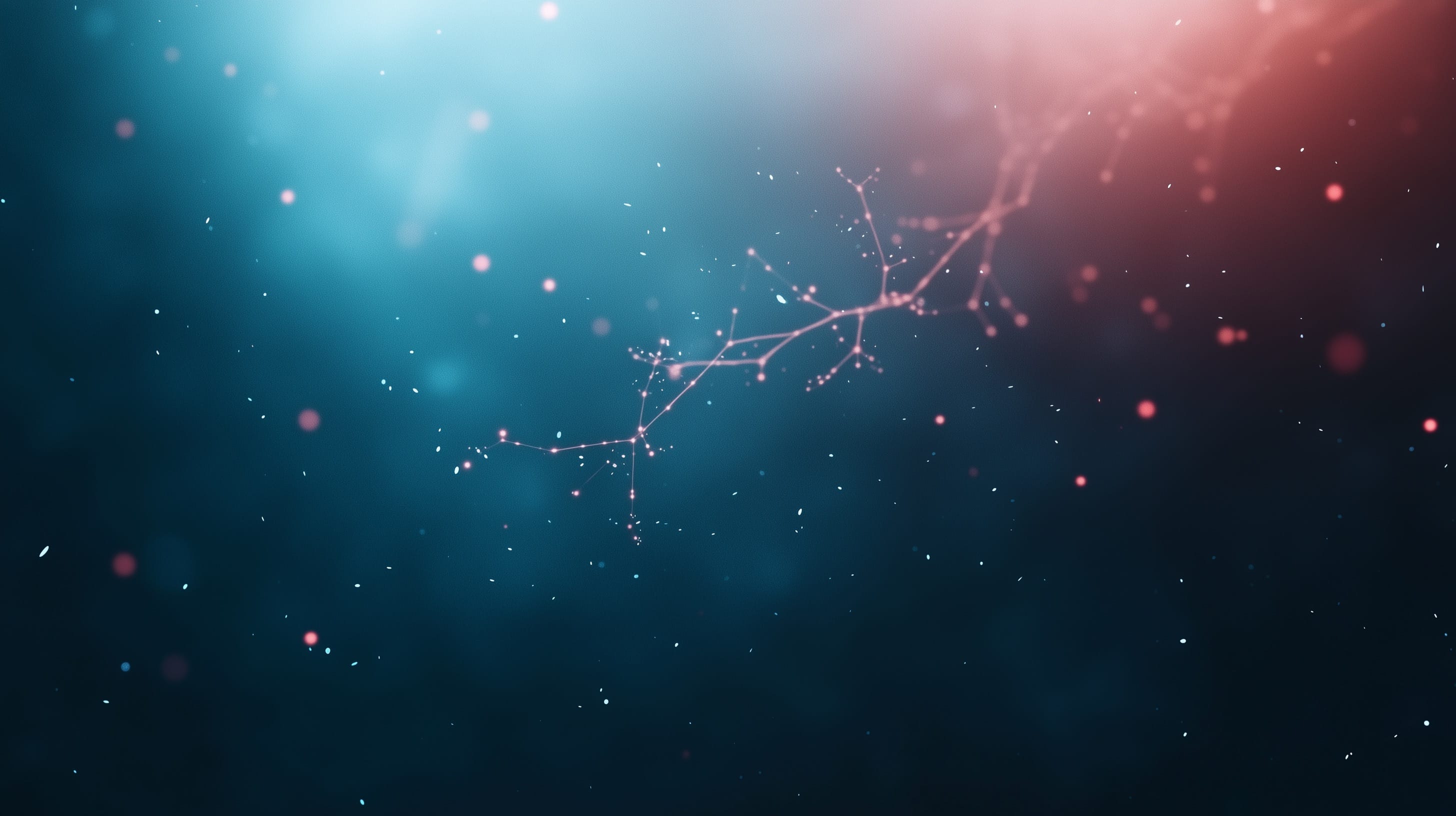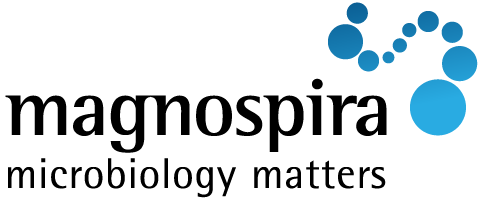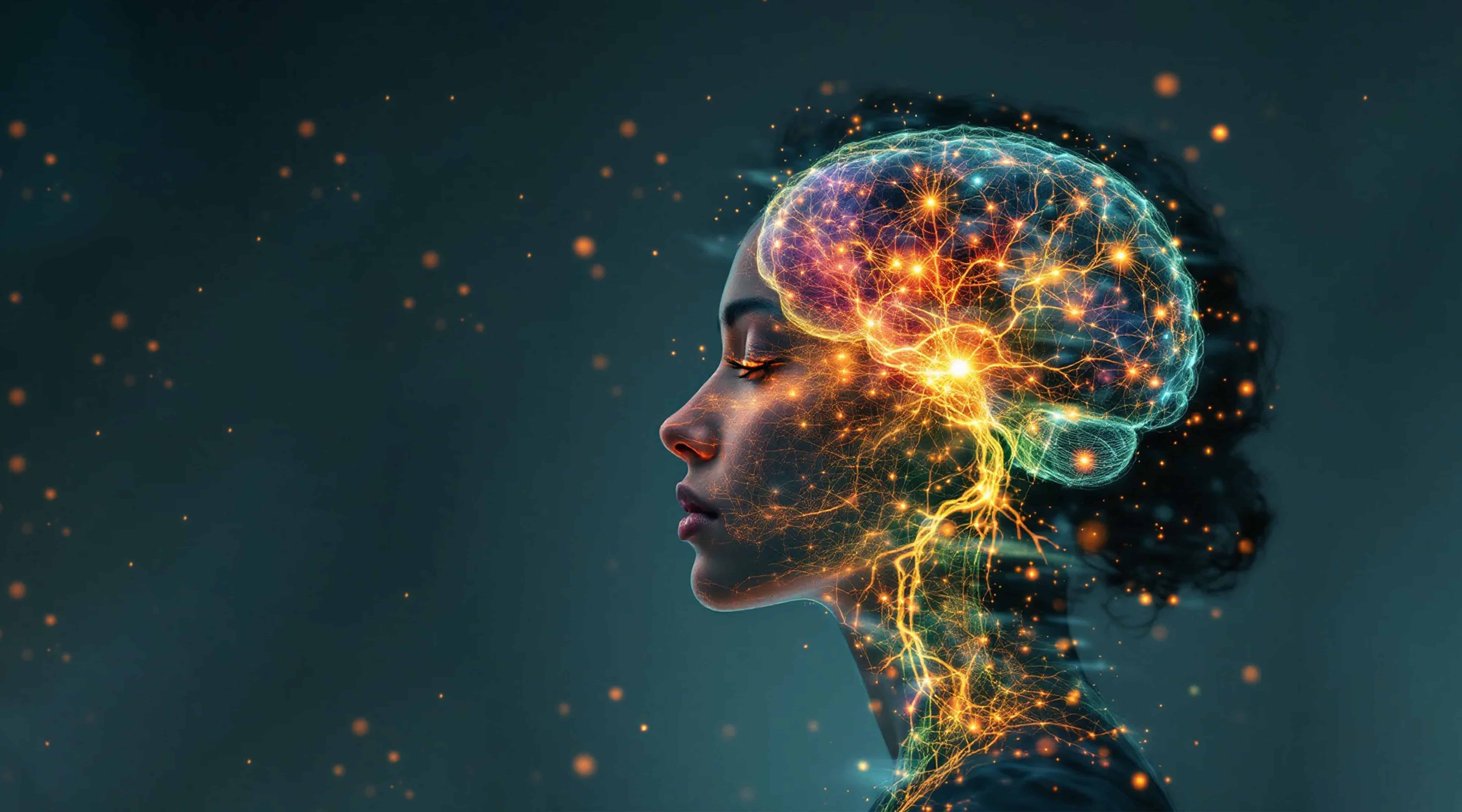Der Schlüssel zu Leben und Tod
Wie Bakterien unseren Schlaf beeinflussen
Der menschliche Körper ist darauf angewiesen, sich regelmäßig im Schlaf zu erholen. Doch Schlaf ist weit mehr als nur die Entspannung der Muskeln, die Einleitung von Regenerationsprozessen und die Verarbeitung von Eindrücken in unseren Träumen. Er ist ein wesentlicher Bestandteil unseres Lebens und wird von unseren Bakterien beeinflusst.
Der kleine Bruder des Todes
Schon in der griechischen Mythologie wurde der Schlaf als der kleine Bruder des Todes bezeichnet. Damit sollte weniger eine Gefahr hervorgehoben als vielmehr seine Bedeutung für den Körper betont werden. In der Mythologie sind Hypnos (der Gott des Schlafes) und Thanatos (der Gott des Todes) Brüder, beide Kinder der Nachtgöttin Nyx. Diese Verbindung führte zu der Vorstellung, dass der Schlaf dem Tod ähnelt und somit wie ein „kleiner Bruder“ des Todes ist. Bei diesem Vergleich geht es jedoch weniger um eine mögliche „tödliche“ Gefahr, sondern vielmehr um die Tatsache, dass beide Zustände eine Form von Bewusstseinsabwesenheit oder eine andere Bewusstseinsebene bedeuten.
Platon bezeichnete den Tod als den endgültigen Übergang der Seele, während der Schlaf als ein temporärer Verlust des bewussten Seins verstanden wurde. Auch wenn der griechische Philosoph diesen Vergleich nutzte, um die Unsterblichkeit der Seele und den Zyklus von Leben und Tod zu erklären, unterstrich er damit die enorme Bedeutung des Schlafs für den Menschen. Eine mögliche Interpretation nach Platon wäre, dass der Mensch im Schlaf eine andere Welt oder Bewusstseinsebene „austestet“, ohne sich ihr vollständig zuzuwenden. Dieser „Testlauf“ ist ein wesentlicher und notwendiger Bestandteil des Lebens.
Melatonin – das Powerhormon
Die moderne Medizin, die sich an messbaren Werten und Studien orientiert, sieht das naturgemäß etwas anders. Dennoch bleibt die enorme Bedeutung des Schlafs unbestritten, ohne den kein Überleben möglich wäre.
Eine Schlüsselrolle spielt hierbei das Hormon Melatonin. Es ist ein wahres „Powerhormon“, da es nicht nur den Schlaf, sondern auch die allgemeine Gesundheit fördert. Eine zentrale Rolle nimmt das Hormon vor allem bei der Steuerung des zirkadianen Rhythmus ein.
Diese innere Uhr ist stark von Melatonin abhängig. Sie steuert viele physiologische Prozesse im Körper, wie Schlaf, Wachheit, Hormonproduktion und Körpertemperatur. Das Hormon wird in der Zirbeldrüse produziert, einer winzigen, reiskorngroßen Drüse im Gehirn. Diese wiederum wird vom suprachiasmatischen Nukleus gesteuert, einer kleinen Gehirnregion, die mit den Photorezeptoren der Augen verbunden ist. Durch diese Verbindung wird die Hypophyse bei Tageslicht oder bei blauem Licht daran gehindert, Melatonin zu produzieren. Bei Dunkelheit hingegen wird der Zirbeldrüse signalisiert, Melatonin zu produzieren, was Schläfrigkeit auslöst.

Wie wird Melatonin gebildet?
Das wichtige Hormon wird aus Serotonin gebildet, und hier spielen Bakterien eine wesentliche Rolle. Sie unterstützen die Produktion von Serotonin. Zwar kann das von den Bakterien im Darm gebildete Serotonin die Blut-Hirn-Schranke nicht direkt passieren, wohl aber sein Vorläufer, die Aminosäure Tryptophan. Die Reihenfolge sieht folgendermaßen aus:
- Das Darmmikrobiom beeinflusst die Herstellung von Tryptophan.
- Das Tryptophan gelangt ins Gehirn.
- Im Gehirn wird Serotonin gebildet.
- Aus Serotonin entsteht schließlich Melatonin im Gehirn.
Die duale Funktion des Serotonins
Neben seiner Funktion als Vorstufe von Melatonin wirkt Serotonin im Gehirn als Neurotransmitter und spielt eine zentrale Rolle bei der Regulierung der Stimmung. Daher wird es oft als „Glückshormon“ bezeichnet. Im Darm hingegen unterstützt das von den Bakterien produzierte Serotonin die Verdauung und beeinflusst den Blutdruck. Serotonin hat also eine doppelte Funktion, je nachdem, wo es gebildet oder freigesetzt wird.
Die Rolle der Bakterien für den Schlaf
Die Bakterien spielen eine entscheidende Rolle bei Prozessen, die den Schlaf beeinflussen. Dies verdeutlicht einmal mehr, dass das Mikrobiom als ein Teil des Menschen und nicht nur als eine Ansammlung von Bakterien verstanden werden sollte.
Erstens produzieren die Bakterien Stoffe (kurzkettige Fettsäuren), die die menschlichen Zellen im Darm anregen, Serotonin zu bilden, das wiederum in Melatonin umgewandelt werden kann.
Zweitens beeinflussen Bakterien die Menge an Tryptophan, aus der schließlich Serotonin und weiter Melatonin entsteht. Auch wenn die Bakterien selbst kein Tryptophan freisetzen, können sie die Menge des im Darm gebildeten Tryptophans geschickt modulieren.
Das Melatonin im Darm kann über den Blutkreislauf ins Gehirn gelangen. Die Blut-Hirn-Schranke, die das Gehirn vor vielen Substanzen schützt, kann von dieser kleinen und fettlöslichen Substanz, dem Melatonin, problemlos durchdrungen werden. Im Gehirn ergänzt es dann das dort von der Zirbeldrüse produzierte Melatonin.
Ein Großteil des im Darm gebildeten Melatonins verbleibt jedoch im Darm und reguliert die Verdauung, schützt die Darmschleimhaut und unterstützt das Immunsystem. Zudem wirkt es antioxidativ und entzündungshemmend.
Studien belegen somit, dass sowohl im Darm gebildetes Tryptophan, das im Gehirn in Serotonin und Melatonin umgewandelt wird, als auch im Darm gebildetes Melatonin ins Gehirn transportiert werden können. Die hauptsächliche Melatoninproduktion findet jedoch im Gehirn durch die Zirbeldrüse statt.
Der biologische Rhythmus wird synchronisiert
Interessanterweise haben die Darmbakterien ihren eigenen Rhythmus, der mit dem zirkadianen Rhythmus des Körpers synchronisiert ist. Wird der biologische Rhythmus gestört, etwa durch Jetlag oder Schichtarbeit, können auch die mikrobiellen Populationen im Darm aus dem Gleichgewicht geraten, was wiederum den Schlaf beeinflussen kann.
Die Zusammenhänge zwischen Schlaf und Bakterien sind komplex und multifaktoriell – wie so oft im Körper ist nicht nur ein einziger Parameter entscheidend. Eine Vereinfachung kann helfen, die Wechselwirkungen besser zu verstehen, sollte jedoch immer nur als solche betrachtet werden.
Das Tor zum Schlaf und Tod
Doch zurück zur Zirbeldrüse, die oft als Tor zum Schlaf und auch zum Tod bezeichnet wird. Ihre Hauptfunktion ist die Melatoninproduktion, doch vermutlich ist sie auch an der Regulation der Fortpflanzung, der Beeinflussung des Immunsystems und sogar am Alterungsprozess beteiligt.
Sie ist eine der zentralen Schaltstellen in unserem Körper, der Wächter über Schlaf und Fortpflanzung und spielt möglicherweise durch die Bildung von DMT (Dimethyltryptamin) eine wesentliche Rolle im Sterbeprozess.
Es ist faszinierend, dass diese winzige Drüse im Gehirn direkt und indirekt mit Bakterien kommunizieren kann.
Platon wusste nichts über die Existenz der Zirbeldrüse oder von Bakterien. Doch er erkannte bereits vor mehr als 2.000 Jahren, dass Schlaf und Tod sich sehr ähnlich sind.
Die genaue Rolle der Zirbeldrüse, insbesondere beim Tod durch die möglicherweise erhöhte Produktion von DMT, ist in der Wissenschaft umstritten. Wie so oft prallen hier unterschiedliche Welten aufeinander: die materialistische, auf Messungen basierende medizinische Welt und die philosophische Welt. Beide sind voneinander getrennt, doch gibt es eine Brücke, die sie miteinander verbindet.

Der Brückenschlag
Diese Brücke mag für viele überraschend sein, aber diejenigen, die sie beschreiten, erschließen sich eine neue Dimension. Diese Brücke ist die Achtsamkeit.
Durch Achtsamkeit können Einsichten erlangt werden, die vom Verstand von vornherein ausgeschlossen werden. Sie ermöglicht Erkenntnisse, die auf rein evidenzbasiertem Weg nicht erreicht werden können. Das ist die Stärke, wenn Achtsamkeit ins Leben einbezogen wird.
Und wie wir gesehen haben, gibt es noch eine weitere Welt, die eine Rolle im Gesamtsystem von Leben – Schlaf – Tod spielt: die Welt der Bakterien.
Denn nur, wenn wir alle Welten miteinander verbinden und keine ausschließen, haben wir die Möglichkeit, zu unserem Ursprung und zum Verständnis unseres Selbst zu gelangen. (JS)
_____________________
Weiterführende Literatur:
dos Santos, A.; Galiè, S. The Microbiota–Gut–Brain Axis in Metabolic Syndrome and Sleep Disorders: A Systematic Review. Nutrients 2024, 16, 390. https://doi.org/10.3390/nu16030390
Seong HJ, Baek Y, Lee S and Jin H-J (2024) Gut microbiome and metabolic pathways linked to sleep quality. Front. Microbiol. 15:1418773. https://doi: 10.3389/fmicb.2024.1418773



